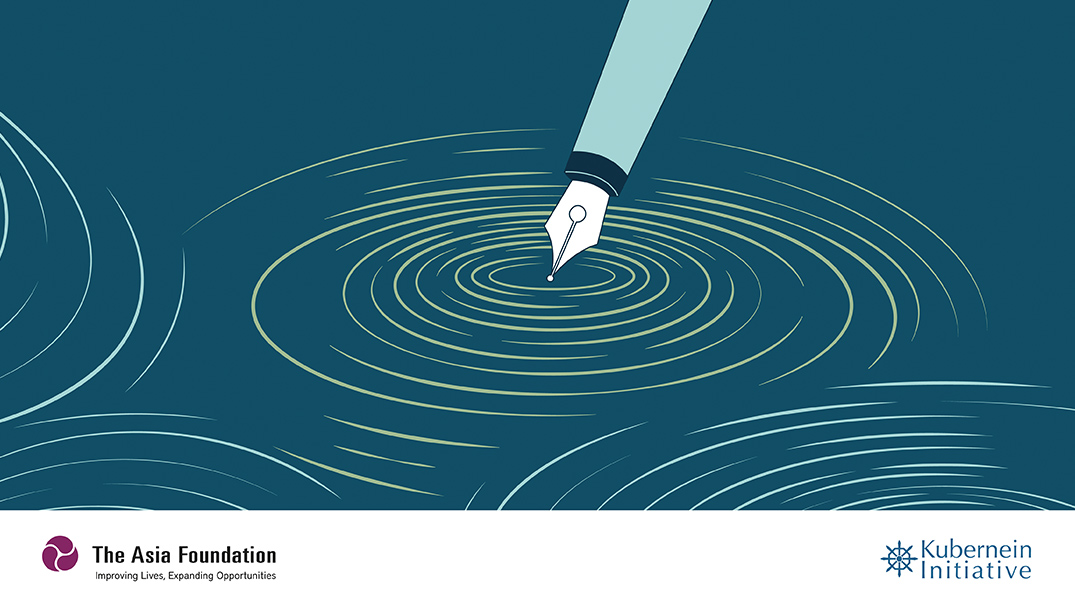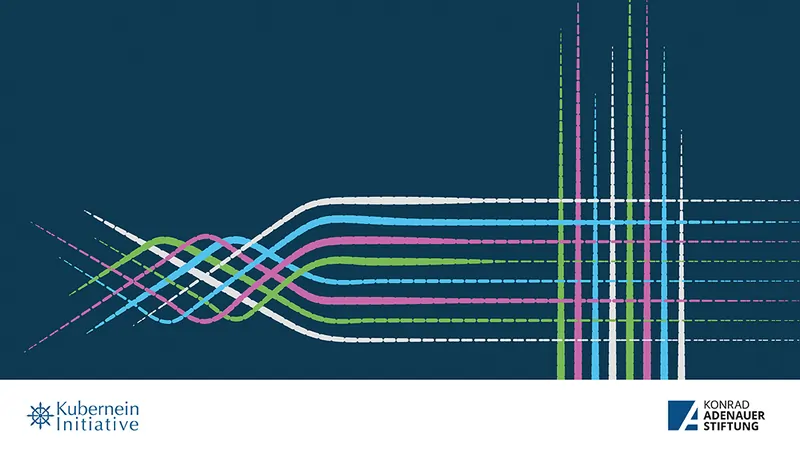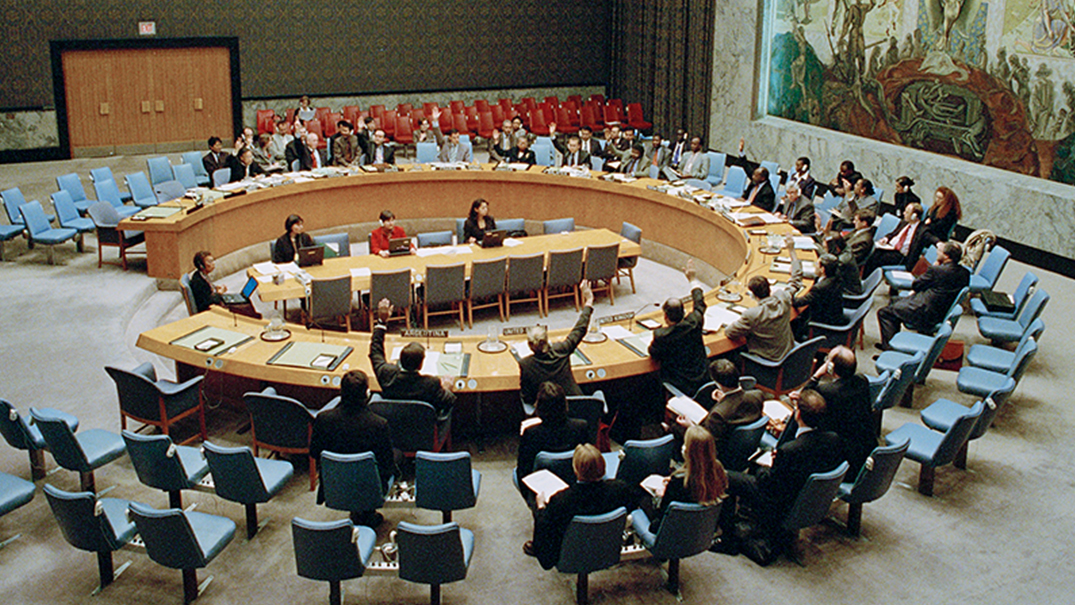Applying a Feminist Lens to India’s Foreign Policy: A Compendium of Essays
Political, social, ecological, and economic upheaval in countries across the world disproportionately affects marginalized sections of society, especially women, who often lack agency due to existing social norms rooted in patriarchy. The inclusion of a feminist foreign policy (FFP) can lead to transformative change as countries rebuild and adapt to changing world order. Therefore, the compendium of essays aims to emphasise the need to apply a gender lens to traditional areas of foreign policy.
The core concept of FFP involves rethinking traditional power structures, embracing an intersectional ideology, and placing human rights at the centre of policy decisions.Several countries, including Sweden, France, Canada, Luxemburg, Spain, Mexico, Germany, and the Netherlands, have adopted or made efforts to incorporate FFP principles into their foreign policies and several other countries have taken steps towards the same.
The compendium discusses six major themes: climate change and disaster management, development cooperation and assistance, emerging non-traditional regional challenges, health, regional and global trade, and the future of multilateral institutions. Each theme is addressed by essays written by leading researchers and thinkers who apply a gender perspective to their respective areas of expertise.
By engaging in current evolving discussions, on FFP and gender mainstreaming approaches, India can bring greater diversity in thinking and provide its unique perspective to a discussion that is still largely centred in the transatlantic Western space. Our research shows that while India may not have a Feminist Foreign Policy, there is considerable evidence on gender being a consideration in certain areas of its external actions, which could then benefit from more robust and sustained gender mainstreaming initiatives. India can contribute its unique perspective and diversity of thinking to the ongoing global discussions on feminist foreign policy.
As the concept of gender mainstreaming in foreign policy evolves, we hope it provides an opportunity to bring greater diversity, especially from the perspective of the Global South, to imagine what it would look like from a wider geography and shape its impact. There is a need for research and evidence-building to guide the thinking on feminist foreign policy. This includes bridging data and evidence gaps to inform policies. We hope the compendium provides the tools to begin the dialogue to make India’s foreign policy more gender inclusive.



